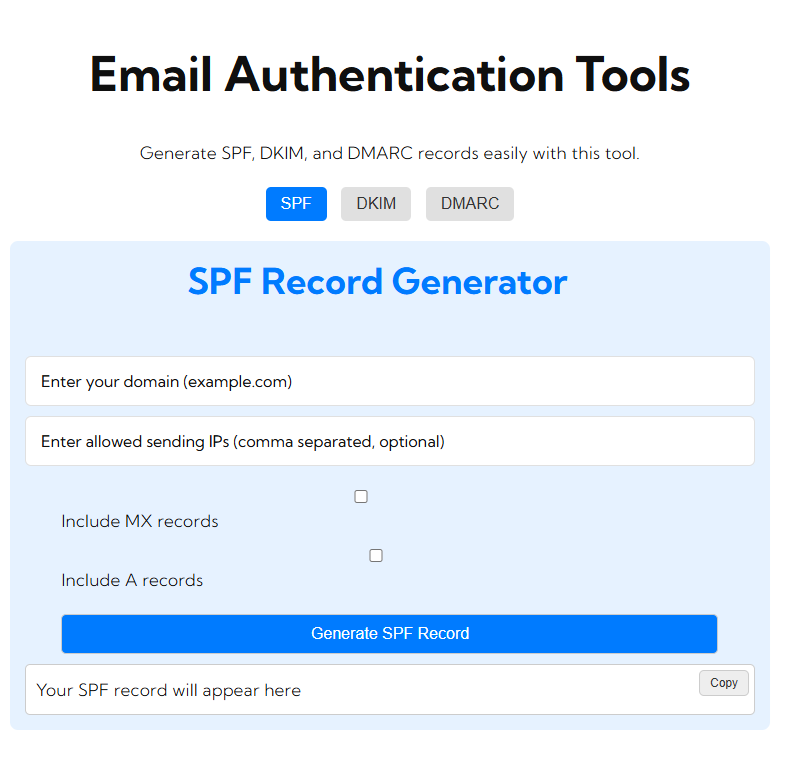The pace of digital marketing development only seems to accelerate Email marketing, a classic technique in patient communication that has stood the test of time. It too is changing rapidly. One of the many important trends which is pushing the future of email marketing in a certain direction is Artificial Intelligence (AI). Artificial Intelligence (AI) in marketing overall won’t be shy anymore. It is expected that this year alone, the amount spent on AI for marketing should double from $100 billion in 2023 to over $200 billion by the end of 2028.
Email marketing, meanwhile, already enjoys more than fifty percent of email marketers saying that they’ve received benefits in marketing through AI (not just this past year). Why do email marketers feel this way though? What with AI that interacts with people rather than robots and learning all about multi-tasking among other things, as we explain below throughout its challenges and opportunities plus to what extent such developments will shape the future.
1.Introduction to Artificial Intelligence in Email Marketing
Although artificial intelligence has remade industries across many fields, email marketing is just as much a part of this frontier. Using AI to scour and process vast myriad of data, it will also let companies, monitor the effectiveness their email campaigns, personalize content so as users feel even more “at home” on your website if that’s any good to you and involve customers in ways they’ve never been before as well. In this section, let us see how AI remodeling good ol’ email marketing, and what benefits it brings to the modern-day marketer.
AI’s ability to serve up a highly customized offer via e-mail campaign is one of its many virtues. By using machine learning algorithms, artificial intelligence can take in consumer preferences, behavior, and previous interactions, and tailor an account specifically suited to exactly what each person wants. For example: based on the customer ‘s gender; or in accordance with their purchase history; maybe even down to whether they in fact do leave their ‘phone off the hook at night, today.
2.Personalization and Segmentation with AI
Segmentation lets a marketer split up its email list into tiny batches depending on some condition.
Artificial intelligence can pick up customer behavior and past interaction with websites, emails and anything else for usernames to create segments based on behavior.
Moreover, AI algorithms are able to make use of predictive analysis technology so as to anticipate customer needs and behavior.
Using analysis of big data, AI can detect patterns and trends that marketers can use to foresee the future. Take an example of an Internet retailer that uses AI to see which customers will probably buy something soon.
By targeting those customers who are likely to buy products with relevant offers and incentives, marketers can increase conversion rates and make their email campaigns more effective in general.
3.Automated Email Campaigns with AI
With AI algorithms that are able to process enormous volumes of customer data, such as browsing habits, purchase history and various kinds of demographic information, it is possible for businesses generate highly individualized mail to send these complex topics across to customers. Using AI, businesses can produce dynamic email templates that fill in product recommendations, special offers personalized to each individual customer, or specific content based on personal customer settings. They can also handle irregularly occurring events such as running out of stock or special promotions contributed directly by customers’ feedback. Traditionally when we discuss email strategy, we mean behavior towards a specific session-age customers.
With AI you can look at the past sessions referenced over all emails and see where groups of people coming back time after time are having trouble clicking through to your content. This is an important idea to consider: most people do not take their time en route around web pages; therefore if somebody just emails from one page after another without clicking through anything else they may be stuck or confused .With predictive analytics enabled by AI. marketers can predict how customers will act and change email campaigns accordingly: figures that can radically alter your present strategy to make it more effective.
Also, AI applications can even generate new content according to individual customer preferences based on past purchase examples and customer feedback.AI algorithms can determine the optimal time to send e-mail to a customer by looking at patterns in historical data. They can also pick the most effective subject lines and calls to action or estimate how likely a given customer is of making a purchase.
4.Predictive Analytics and AI in Email Marketing
Powered by AI this lead scoring has a predictive nature. Combined with normal information, including buying behavior, website activity and message opens, AI models offer an downloaded customer generation strategy, based on these elements of behavior .It also means that your own cloud-based lead resolution Commission always says something about this analysis ‘slow it is better than not, isn’t it?”
Algorithms with a predictive element can give personal advice to potential paying subscribers, which makes all the difference between people doing business with you or passing away. These systems can also learn which parts of their reports and what types of content are likely to be most well received among certain segments:
For example, data management services (like Monetate), have been found to increase visitor traffic by 85% but if used alongside IT consulting then they can have an even bigger effect Some 25% come from personalization tools such as product recommendations, according to Cheetah Digital And another 25% again is through improved list management practices; while 50% follows engaging application areas that steadily become more relevant over time.






